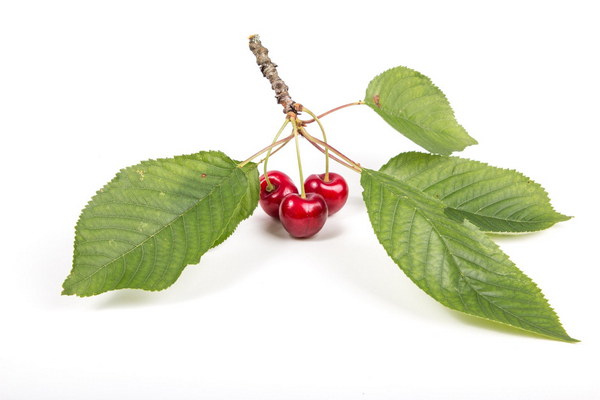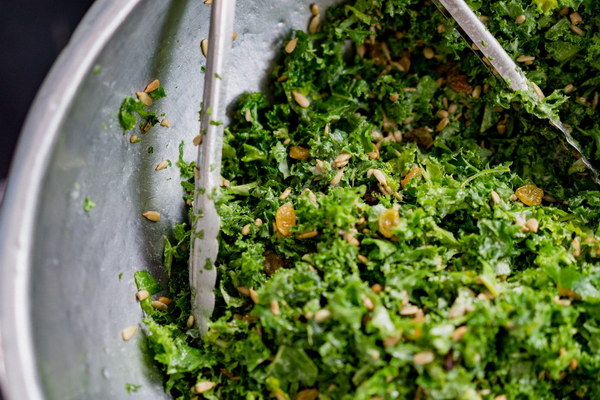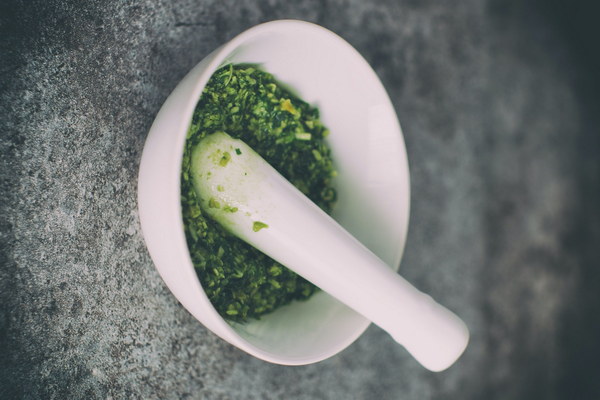Comprehensive Guide to Managing Liver Cancer in Late Stage Nutritional and Lifestyle Adjustments
Liver cancer, also known as hepatocellular carcinoma (HCC), is a serious condition that can be life-threatening if left untreated. When diagnosed in the late stage, the focus of treatment shifts from curative to palliative, aiming to improve the quality of life for patients. This article provides a comprehensive guide on how to manage liver cancer in its late stage, focusing on nutritional and lifestyle adjustments.
1. Nutritional Adjustments
A well-balanced diet is crucial for patients with liver cancer, as it can help improve their overall well-being and enhance the effectiveness of treatment. Here are some key nutritional adjustments to consider:
a. High-protein diet: Proteins are essential for tissue repair and maintaining muscle mass. Patients should aim to consume high-quality proteins such as lean meats, fish, eggs, and legumes.
b. Low-sodium diet: Liver cancer can lead to fluid retention and swelling in the legs and abdomen, which is known as ascites. A low-sodium diet can help reduce the swelling and alleviate symptoms. Foods to avoid include processed foods, salt, and preserved foods.
c. Rich in vitamins and minerals: A diet rich in vitamins and minerals can help support the immune system and promote healing. Patients should include plenty of fruits, vegetables, whole grains, and nuts in their diet.
d. Limited alcohol consumption: Alcohol can worsen liver damage, so patients with liver cancer should avoid alcohol completely.
2. Lifestyle Adjustments
Lifestyle adjustments play a vital role in managing liver cancer in its late stage. Here are some recommendations:
a. Regular physical activity: Gentle exercises such as walking, swimming, or yoga can help improve circulation, reduce stress, and enhance overall well-being. However, it is essential to consult with healthcare professionals before starting any exercise regimen.
b. Adequate sleep: Getting enough rest is crucial for patients with liver cancer. A good sleep routine can help improve mood, reduce fatigue, and enhance the immune system.
c. Stress management: Chronic stress can worsen the symptoms of liver cancer. Techniques such as meditation, deep breathing exercises, and mindfulness can help manage stress.

d. Avoid smoking and secondhand smoke: Smoking can worsen liver damage and increase the risk of developing other health problems. Patients should quit smoking and avoid secondhand smoke.
3. Complementary and Alternative Medicine (CAM)
In addition to conventional treatment, some patients may consider complementary and alternative medicine (CAM) to alleviate symptoms and improve their quality of life. Some CAM therapies that may benefit patients with liver cancer include:
a. Acupuncture: Acupuncture can help reduce pain, alleviate nausea, and improve sleep.
b. Herbal supplements: Certain herbs may have a positive impact on liver function. However, it is crucial to consult with healthcare professionals before taking any herbal supplements, as they may interact with other medications.
c. Mind-body techniques: Techniques such as tai chi, qigong, and yoga can help improve mood, reduce stress, and enhance overall well-being.
In conclusion, managing liver cancer in its late stage requires a comprehensive approach that includes nutritional and lifestyle adjustments, as well as the consideration of complementary and alternative medicine. By working closely with healthcare professionals, patients can create a personalized plan to improve their quality of life and cope with the challenges of liver cancer.









